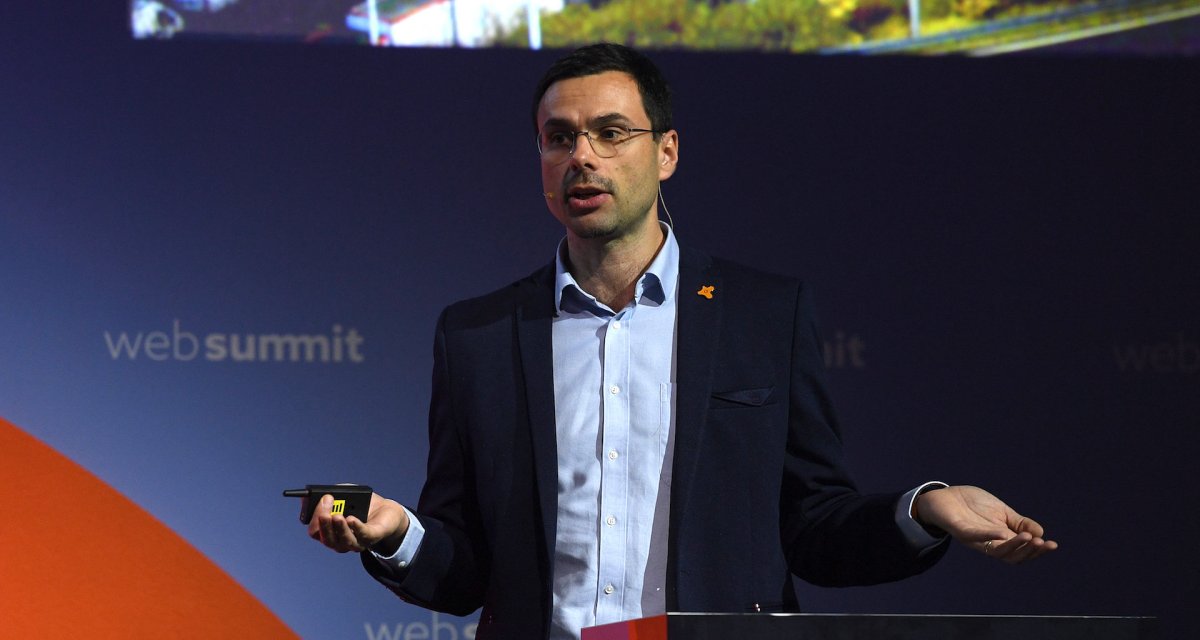Anti-virus firm Avast shuts down its data-selling subsidiary

Anti-virus company Avast said this week it will stop collecting and selling user data through a subsidiary following media reports and criticism from privacy advocates.
The “data collection business is not in line with our privacy priorities as a company in 2020 and beyond,” said Ondrej Vlcek, CEO of Avast, which boasts 435 million users worldwide.
Avast had been collecting users’ web browser data and, through its subsidiary Jumpshot, using that data to sell analytics products to big multinational companies, according to a joint investigation from Vice’s Motherboard and PCMag. The investigation prompted U.S. senators to question Avast and the Federal Trade Commission over the program. It also reinforced broader concerns about the ability of big tech firms to collect and monetize user data.
Founded in 2015, Jumpshot advertised its ability to closely track consumer habits across more than 150 websites, including Amazon and Netlflix.
“I realize the recent news about Jumpshot has hurt the feelings of many of you, and rightfully raised a number of questions – including the fundamental question of trust,” Vlcek said in a message to customers, employees, and investors. Neither Avast nor Jumpshot did anything illegal, he said, but ending the data-monetization practice was “the right thing to do.”
Hundreds of Jumpshot employees and dozens of customers will be affected by the end of the program, Vlcek said.




